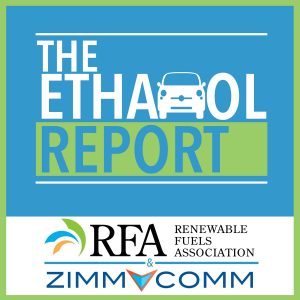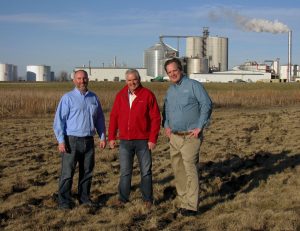 Tom Slunecka is one of the first people ever to be featured in a ZimmCast, back in 2005 when he was executive director for the Ethanol Promotion and Information Council (EPIC). That organization became Growth Energy in 2008, and Tom has been executive director for Minnesota Soybean, which includes both the state Growers Association (MSGA) and the Research & Promotion Council (MSR&PC). We had the pleasure of doing a little media training for Tom and his board this week so we had some time to catch up and reminisce a bit.
Tom Slunecka is one of the first people ever to be featured in a ZimmCast, back in 2005 when he was executive director for the Ethanol Promotion and Information Council (EPIC). That organization became Growth Energy in 2008, and Tom has been executive director for Minnesota Soybean, which includes both the state Growers Association (MSGA) and the Research & Promotion Council (MSR&PC). We had the pleasure of doing a little media training for Tom and his board this week so we had some time to catch up and reminisce a bit.
 Tom was also the first person to name our signature meme the ZimmComm Golden Microphone on its first event out of the box, the 2007 NAMA conference, which makes him a founding member of the Golden Mic Club!
Tom was also the first person to name our signature meme the ZimmComm Golden Microphone on its first event out of the box, the 2007 NAMA conference, which makes him a founding member of the Golden Mic Club!
You will find Tom on page 25 of the latest AgriMarketing magazine because the Minnesota Soybean Biodiesel Project was named 2017 Product of the Year. Congratulations to the entire Minnesota Soybean team for that honor!
Listen to the ZimmCast here: ZimmCast 570 with Minnesota Soybean’s Tom Slunecka
Subscribe to the ZimmCast podcast here. Use this url in iTunes or your favorite news reader program/app.












